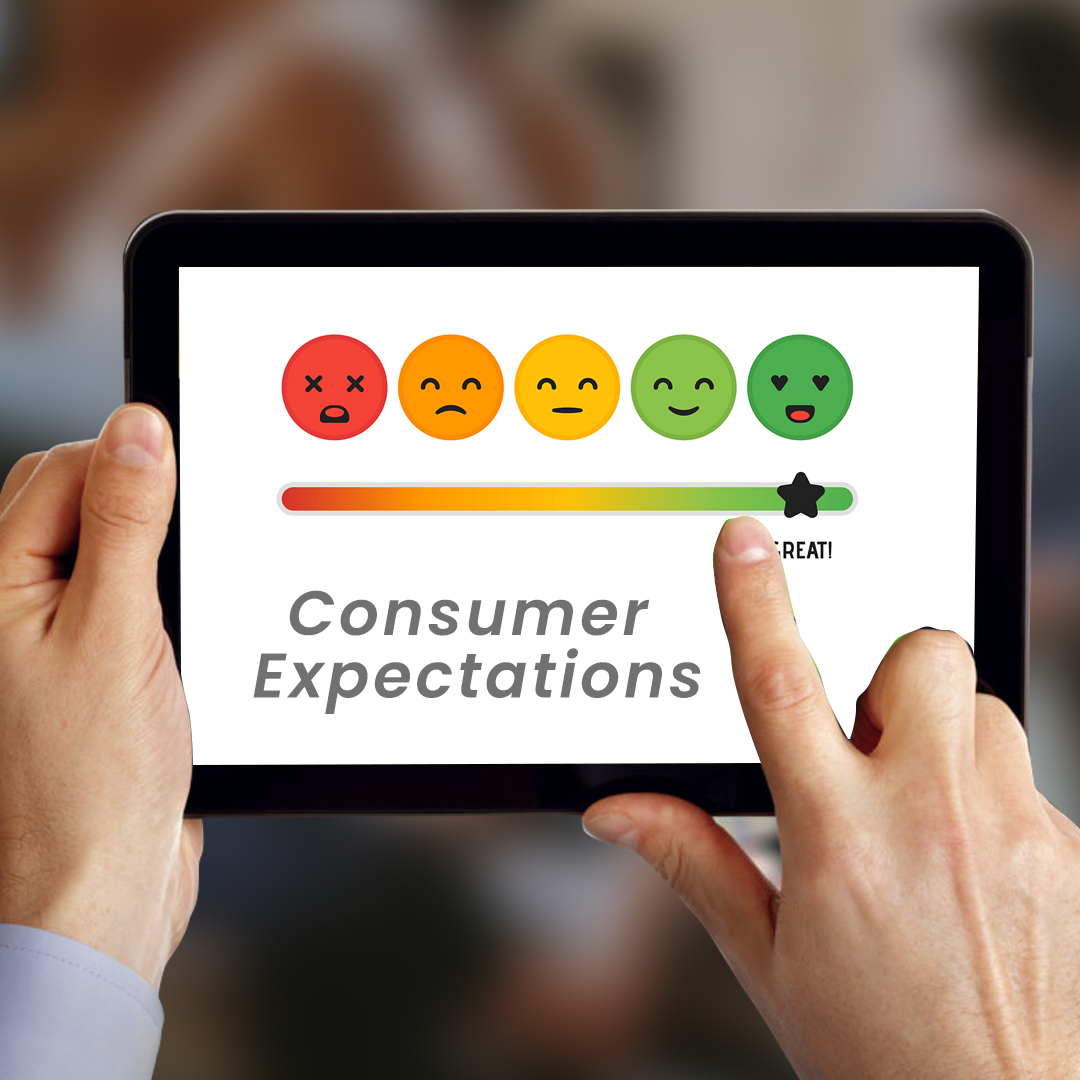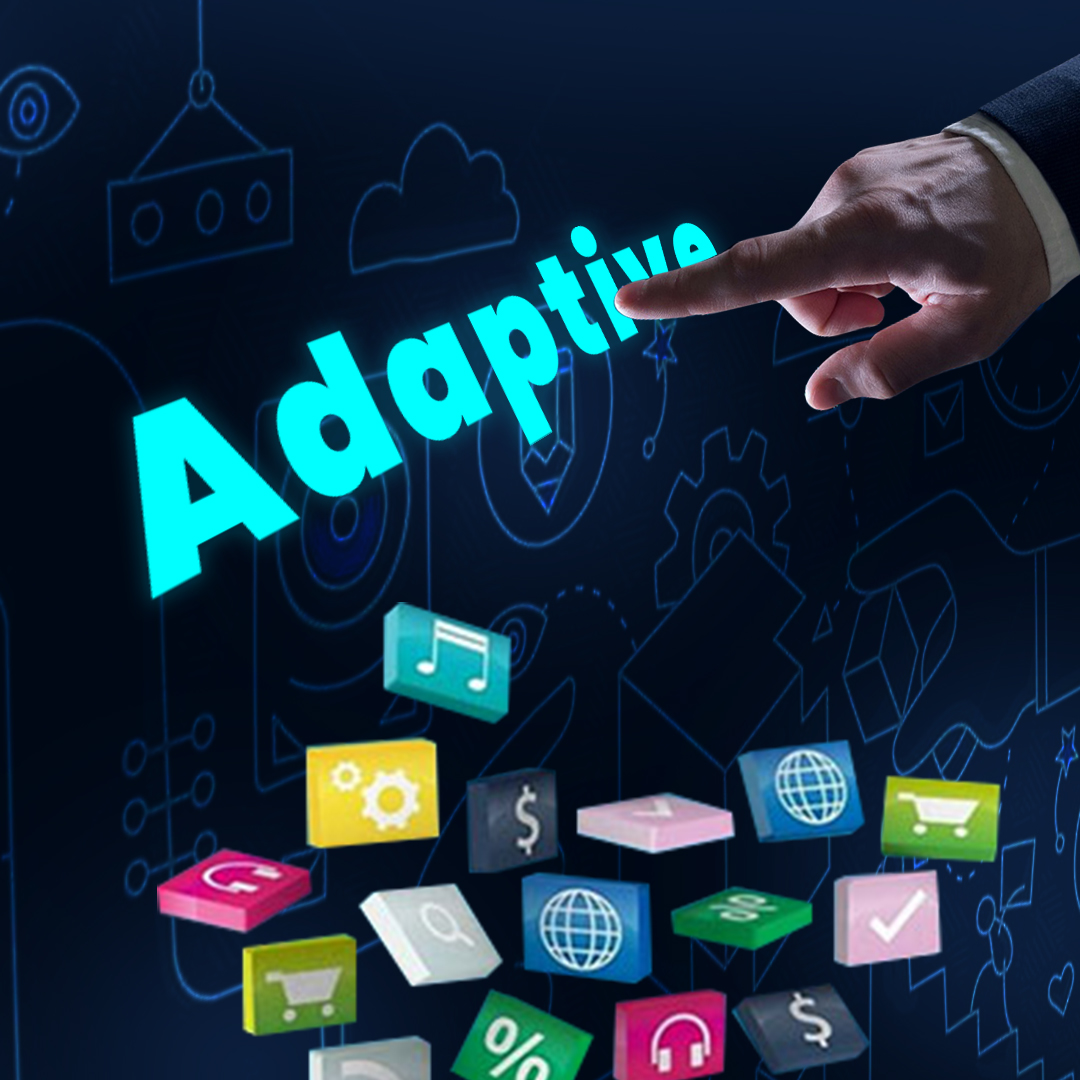Progressive Web App for Business: How Do Big Brands Use PWAs?
PWAs or progressive web app for business continue to receive steady investments from the technology industry. This innovative web solution is now highly prevalent due to its compatibility across popular browsers. The full-fledged support is offered by Google Chrome, Mozilla Firefox, Microsoft Edge, Opera, iOS, and more. Why? It ensures great progress and benefits to major business companies out there.
This full-blown support offered to progressive web apps is making big brands pledge towards its development to make the most out of its capabilities. No wonder, it is finding a top spot in the most prominent web development trends in 2021.
The following PWA listings serve as great examples to give you a bigger picture of its essentiality to a brand/company.
Big tech company Twitter heavily invested in developing a responsive progressive web app for its main site. It helped them facilitate a nimble user experience with an enriched interface that prompted another big tech – Facebook, and image-sharing social media giant Pinterest to follow suit.
Media giants such as BBC, Forbes, The Washington Post, etc. have also launched progressive web app for business. It enabled them with seamless content distribution to consumers as well as across diverse smart devices and PCs.
The PWA landscape is rapidly evolving with a major impact on the ecommerce vertical and big shots like Twitter, Facebook, Pinterest, Washington Post, Starbucks, the Weather channel, and much more. They all have launched their progressive web apps recently.
But what is the need for developing a progressive web app for business, especially for big brands? Why are they constantly looking for avid PWA development experts who can help them adopt this revolutionary technology? Let’s find out by diving deeper into this blog.
What Is a Progressive Web App for Business?
A progressive web app or PWA can be installed in any of your systems. It is possibly made to work offline or without a stable internet connection using the cached data from your past interactions.
A progressive web app for business is considered a website with the functions of a native app. It packs a native app’s complete functionalities while still delivering a website’s usability.
A progressive web app is a website that works like a native app. It features all of a native app's functionality and still delivers website usability.

PWAs aim to address a multitude of issues from insufficient networks to data interruption or complete failure of connectivity.
Progressive web apps (PWAs) are Labelled by Google as Web Experiences that are:
- Reliable: Loads immediately and does not display a website, even under unstable network circumstances.
- Fast: Effortless response with sleek and flawless animations and without janky scrolling to each user interaction
- Engaging: Delivers the feel of a traditional app but with an intuitive customer experience
Progressive web app for business employs the latest technology that combines and brings the effectiveness of both online and mobile apps. PWA is greatly becoming a future development standard. PWAs are perfectly adapted to budget, functionalities, development time, and more for business organizations seeking to optimize their user experiences.
Progressive web apps benefit companies by offering improved user experience – courtesy of progressive enhancement. Robust PWA solutions help to accelerate technological skills, strengthen enterprises and provide the proper balance for the enterprise.
Since the coming of progressive web app for business, numerous companies have taken advantage of this platform to access new markets and improve their user experience. After all, it is easy to create, test, and manage the PWA framework post-implementation.
How Do Brands Connect to Users with Progressive Web App for Business?
Companies provide a better user experience to impress their consumers through PWAs’ easy access, cross-browser compatibility, and quicker page load times for their active engagement.
1. Better fulfillment of increasing consumer expectations

Brands that offer bad digital experiences receive less or zero tolerance from their customers. So, they will easily switch to another brand for better experiences. For example, Pinterest and Starbucks both reported a large rise in customer interaction metrics by deploying their progressive web app for business. A 60 percent increase was observed in Pinterest's mobile interaction with faster page loading and the web-based order management system of Starbucks' progressive web app is now favored by users over its native coffee application.
2. The native-like appeal
Progressive web apps offer an integrated and adaptive experience on all devices. It loads like a conventional website with intricate native mobile app features capable of adding a single touch in the home screen of your device, offline functioning, and allowing push alerts. They also give website advantages such as better visibility across search engines by being compatible with all modern web browsers. PWAs may also be shown alongside native mobile apps in the App Store and Google Play.

3. Less resources and cost reduction

PWAs will only require a single code base to render the user experience of both website and mobile apps. This means they only require a single team, software platform, test approach, and one digital product roadmap. This will help them plan, design, create and manage the same.
Organizations can lessen the costs for PWA product design, development, and maintenance. They can also gain significant cost savings with one of the fastest deliveries of new features and bug fixes for a progressive web app for business.
4. Adaptive
On the whole, progressive web apps are highly versatile and adaptive as they can easily embrace new improvements in functionalities.
Your PWA will work for years which was transformed from your legacy website or native mobile app.
PWAs are developed to ensure that organizations do not spend on one-off websites and mobile apps that need redevelopments to align with increasing demands and technologies.

The Best Examples of Progressive Web App for Businesses
1. Forbes launched its PWA to fit it with a new form of mobile user experience along with quicker load times. It now loads at 0.8 seconds that led to a 43% session increase and a 100% audience engagement.
2. Flipkart combined its poor-performing web presence and native app into a progressive web app for instant store access to current and future customers. This tripled the average time spent on the site by its audience to 3.5 minutes on Flipkart Lite PWA.
Reengaged from first-time users increased to 40% and conversion rates rose to 70% due to the instant Flipkart access provided by the “Add to Homescreen” icon so that customers could launch it easily, whenever they wanted.

3. MakeMyTrip’s progressive web app tripled its conversion rate with a 38% page loading time and a 160% increase in shopper sessions.
4. TwitterLite is Twitter’s progressive web app for business that was launched to be much faster and easier for users than its mobile counterpart. It consumed less data, reduced the site’s bounce rate by up to 20%, increased the page per session by up to 65%, and 75% in Tweets.
5. Trivago’s PWA increased its user engagement by up to 50% and click rate by 97%.
6. Alibaba’s PWA gained the company a 4X increase in interaction rates, and conversion rates by up to 76%.
7. Starbucks Coffee launched its progressive web app for business to work in poor network conditions where customers can check the menu, create orders, and add orders to the cart. This PWA helped Starbucks improve its performance with a highly responsive and fast aspect.
8. Instagram’s mobile browser version is its progressive web app itself although it greatly resembles the traditional app now. The PWA currently offers an additional feature that can upload your images.
9. Pinterest’s progressive web app for business now has quicker loading times with the option for clients to directly add it to their landing page without needing to download or install it. This raised the mobile site spending time to 40% and client-generated ad revenue to 44%.
Advantages and Disadvantages of Progressive Web App for Business.
Advantages of PWAs
- Unlike native apps, progressive web apps only require less space in your phone for their functions which is why they download faster.
- It has offline capabilities that do not lose any of the users’ essentials when their internet connection is severed while using, thereby benefiting conversions as well.
- A progressive web app for business is cost-friendly in several ways when compared to apps. It doesn’t need to be developed based on OS/platforms, doesn’t have frequent updates, has zero new data downloads, and requires less time and money for development.
- They can be easily found from search engine results, social media, etc., and don’t need you to depend on platform-specific application stores.
Disadvantages of a PWAs
- Progressive web apps are majorly Android-based, meaning it is not possible for users with iOS’s Safari browser, or Microsoft’s IE, and Edge. Although it can be now accessed through newer browser versions of Opera, Google Chrome, Mozilla Firefox, etc., future support is anticipated for other browsers soon.
- Progressive web app for business only has selected support for device hardware and software. iOS doesn’t support PWA’s notification and home screen shortcuts. It can’t use GPS, fingerprint scanners, smartphone cameras, etc.
- Users can have trust issues with PWAs because they are not available or appear in popular application stores such as Google Play and the Apple App Store. This delegitimizes them as users cannot verify its authenticity, social evidence of apps with user reviews, etc. making the audience miss PWAs.
- Innovative communication tech such as Bluetooth or Near Field Communication (NFC) is also not accessible by progressive web apps.
The Future of Progressive Web App for Business
You can get yourself a PWA developed from expert progressive web app development services providers. Go for PWA development when you need a steady and consistent mobile app experience for your business similar to a native app at fewer costs. Since big brands have leveraged PWA's benefits, we think it’s time for your business to rise in the top leagues as well. Your progressive web app for business will certainly boost your conversions, revenue figures, and forward progress.


